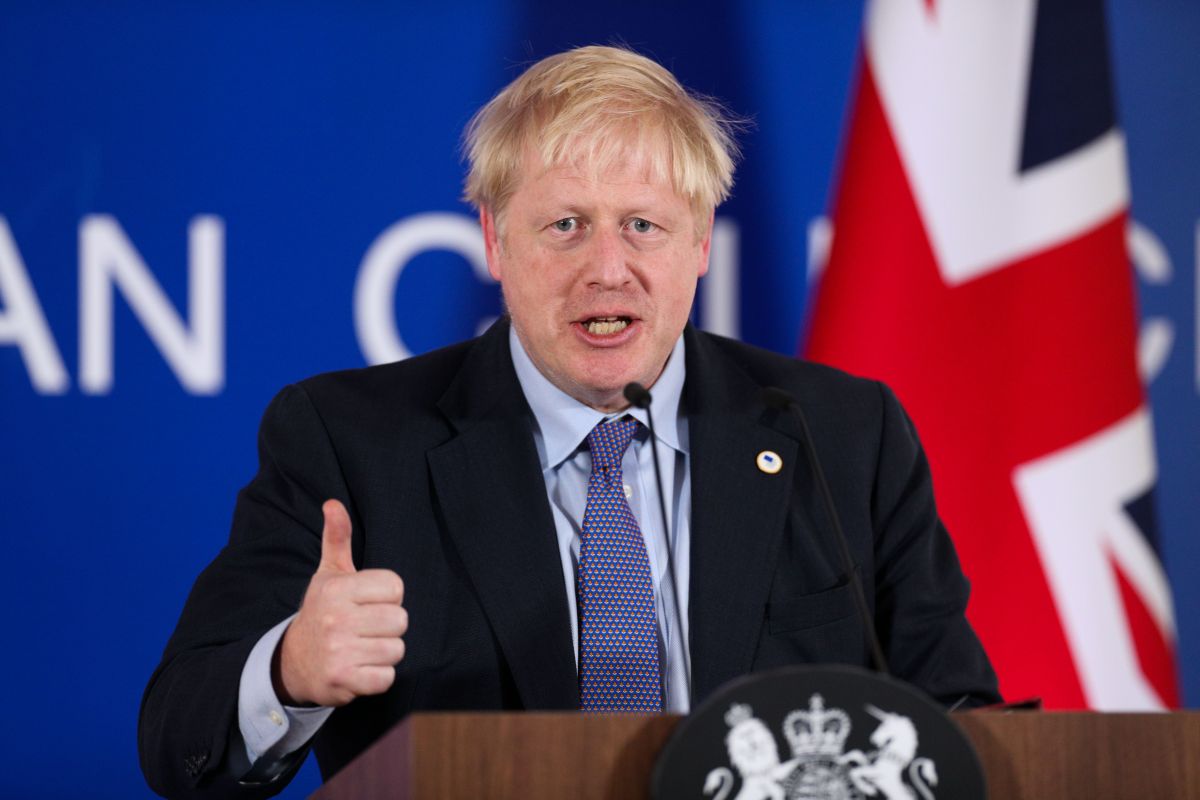The Indo-British engagement started with trade all those centuries ago before it morphed into a racist-colonial occupation of the sub-continent by the United Kingdom. Now the wheel is turning full circle. The prospect of continued post-colonial prosperity for Britain after Brexit depends in large part on boosting trade and economic ties with major non- European Union countries such as India, ideally through comprehensive Free Trade Agreements (FTAs). An India-UK FTA is clearly the priority at the political level for British Prime Minister Boris Johnson – who began his two-day visit to India on Thursday – despite the geopolitical realignment currently underway sparked by the Russia-West standoff over Ukraine that New Delhi and London have very different perspectives on. As official sources have been busy telling Indian media, Mr Johnson is “unlikely to lecture India on how to respond to the Russian invasion of Ukraine”. In fact, progress on putting in place a technology transfer regime to help make India a defence manufacturing hub and enable joint production of military hardware is a key monitorable of the British Prime Minister’s visit. Mr Johnson is also thought to be keen on enhancing security cooperation in the Indo-Pacific region where both countries’ interests could align, especially if a mega trade deal with China is not something the Brits go for too desperately and at any cost.
Discussions on the UK-India FTA were formally opened at the beginning of the year and Mr Johnson is keen to push it along rapidly as the trade pact, it is estimated, will enhance UK’s total trade by up to $36.5 billion annually by 2035. Total two-way trade is currently around $50 billion, including $35 billion in services and $15 billion in goods, but Britain still languishes in 17th place on India’s list of top trading partners. The Indian demand for easier access to British visas for Indian students and skilled workers, however, is likely to prove difficult for Mr Johnson to push through domestically, and it is an open question if he thinks expending his rather rapidly diminishing political capital on this is worth the potential gains from the FTA. Mr Johnson’s visit, in a sense, can be seen as an attempt to soften up the Indian side which is scheduled to host the third round of discussions on the FTA with the UK from 25 April. During the second round of talks in March, the two sides shared a draft treaty text covering 26 policy areas with media reports indicating that discussions on four areas had been successfully completed and “significant progress” made on the remaining 22. The emphasis of the Johnson visit on trade and investment has been iterated by his Gujarat visit, which also works well for the ruling party as the state, a BJP bastion, heads for an Assembly election later this year. While critics may say two middling world powers doing business isn’t all that significant strategically, the positive impact an FTA could have on the lives of ordinary citizens in both countries is far-reaching.
Advertisement











